Happy New Year! And welcome to our annual look back at the boldest, most surprising ways the world has changed for the better. This epic list is a treasure trove of hopeful facts, each linked to one of our stories from 2024. We hope it brings you joy and inspiration for the year ahead.
(Note: Some of these items link to “What We’re Reading” columns, which feature multiple stories, so you may need to scroll down a bit to find the story you’re looking for.)
Cover illustration by Jake Greenhalgh.
A program to help kids feel more included in the classroom reaches over one million students in all 50 US states.
Some of the world’s largest shipping companies are voluntarily slowing down from May to December. In 2023, this lowered the risk of fatal collisions with whales by 58 percent.
A microbrewery in a Vienna senior home produced 12,000 bottles in 2023 — while helping residents to stay social and engaged.
A school program in France has taught over 500,000 students to bike safely.
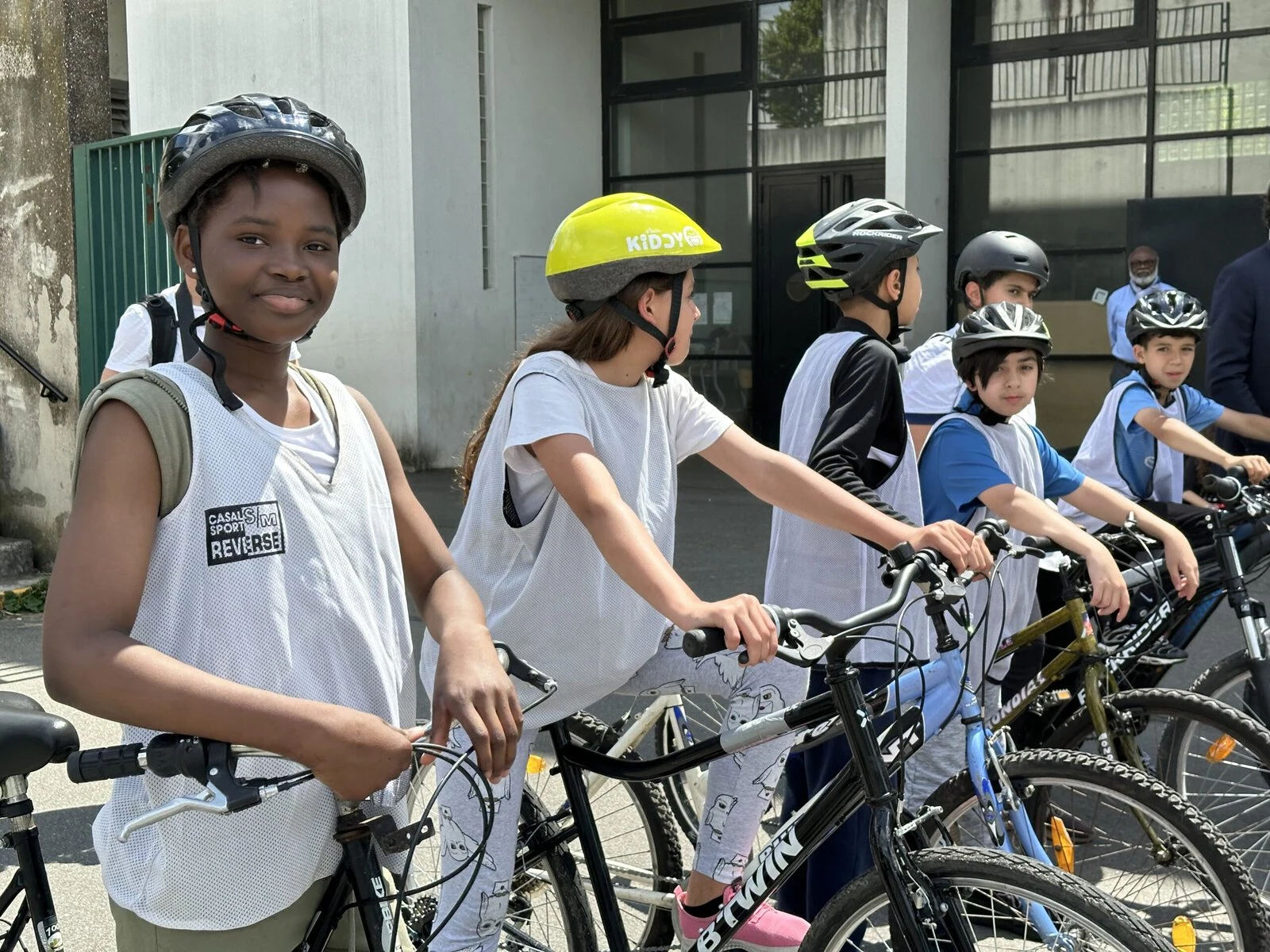
About 10 percent of the members of a Portland maker space were formerly incarcerated.
A city in Lithuania has paired more than 500 local mentors with Ukrainian refugees to help them get settled.
In Saskatchewan, 260 acres of farmland were restored to vital wetlands and are now an oasis for wildlife.
An organization that adds audio description to live performances has described over 220 individual performances for an estimated 880 patrons.
In Delhi, India, you can exchange 1 kilogram of plastic that would otherwise go to a landfill for a free meal at a “garbage cafe.”
Roughly half of New Mexico’s children are eligible for free child care.
The Transfarmation Project is helping hundreds of farmers to quit factory farming and transition to growing non-industrial crops like mushrooms and herbs.
Over 200 Londoners have attended free walk sessions to talk about their feelings and feel less lonely.
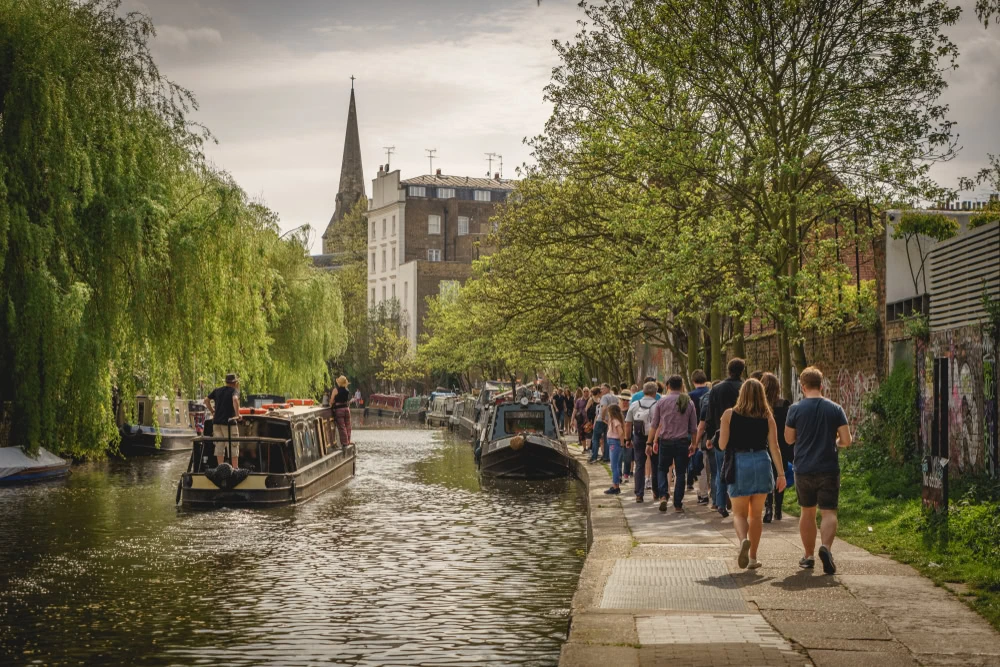
In Mexico, over 40,000 square meters of land are cultivated as chinampas, or “floating islands,” an ancient and extremely productive agricultural system.
Barcelona’s metro system has four “electrolineras” that generate energy every time a train rumbles to a stop.
The Scottish Empty Homes Partnership has brought 1,875 abandoned homes back into use in the past year — 19 percent of which have been converted into affordable housing.
It is estimated that the immediate skin-to-skin practice known as kangaroo mother care could save the lives of 150,000 newborn babies globally every year.
A New York City program paid young adults who live in public housing to learn to swim — potentially helping them become lifeguards.
Fifty-six percent of middle and high school menus in climate-conscious California’s 25 largest school districts now have daily vegan options.
An online platform to help people focus has hosted over five million sessions, with users in over 150 countries.
Ninety percent of the farmers involved in a program in Vietnam to make rice farming more sustainable said that they had reduced crop burning.

The Tool Library in Buffalo, New York has diverted at least 7,779 pounds of waste from landfills via its repair cafes and amassed a communal tool collection of nearly 5,000 items.
In Colorado, GoFarm’s local food share program feeds anywhere from 500 to 800 members each summer.
Some 300,000 small-scale farmers in Kenya’s Upper Tana River Basin are accessing a water fund to improve their farming practices and keep drinking water clean downstream, saving Nairobi’s authorities close to $1 million a year.
At Drexel University in Philadelphia, 94 percent of students take at least one six-month break from classes to get a job — most are paid — in their prospective career field.
Between 2014 and 2023, a group of Lawrence Weston residents in Bristol led a successful campaign to build one of England’s only new onshore wind turbines in the last decade.
In India, an education program on health and natural farming reached 44,000 homes in 125 villages. Eighty percent of households achieved an improved, diverse diet.
Beavers have made a triumphant return to London after 400 years, transforming urban ecosystems and mitigating floods.

Medellin’s “green corridors” project improved or produced more than 70 hectares of green space, including 20 kilometers of shaded routes with cycle lanes and pedestrian paths.
One advocacy radio show in Nigeria has helped more than 100,000 people address injustices.
Since 2011, the US Department of Veterans Affairs has been paying drug users to stay sober. Of over 6,000 veterans treated, on average, more than 91 percent of samples test negative.
A shift from growing wheat, rice, oats and barley to millets could save India 50 million metric tons of greenhouse gas emissions and 300 billion cubic meters of water each year.
Since its inception 15 years ago, nonprofit Food Forward has rescued 217,000 tons of produce and distributed it to nearly 300 hunger relief partners.
Around 120 university-led journalism programs help fill the gaps in news deserts across the US.
My Brother’s Keeper turned 10 years old and keeps transforming the lives of boys and young men of color through education and engagement.
In California, 15,000 acres of shoreline are being restored to tidal wetlands and habitat for wildlife.
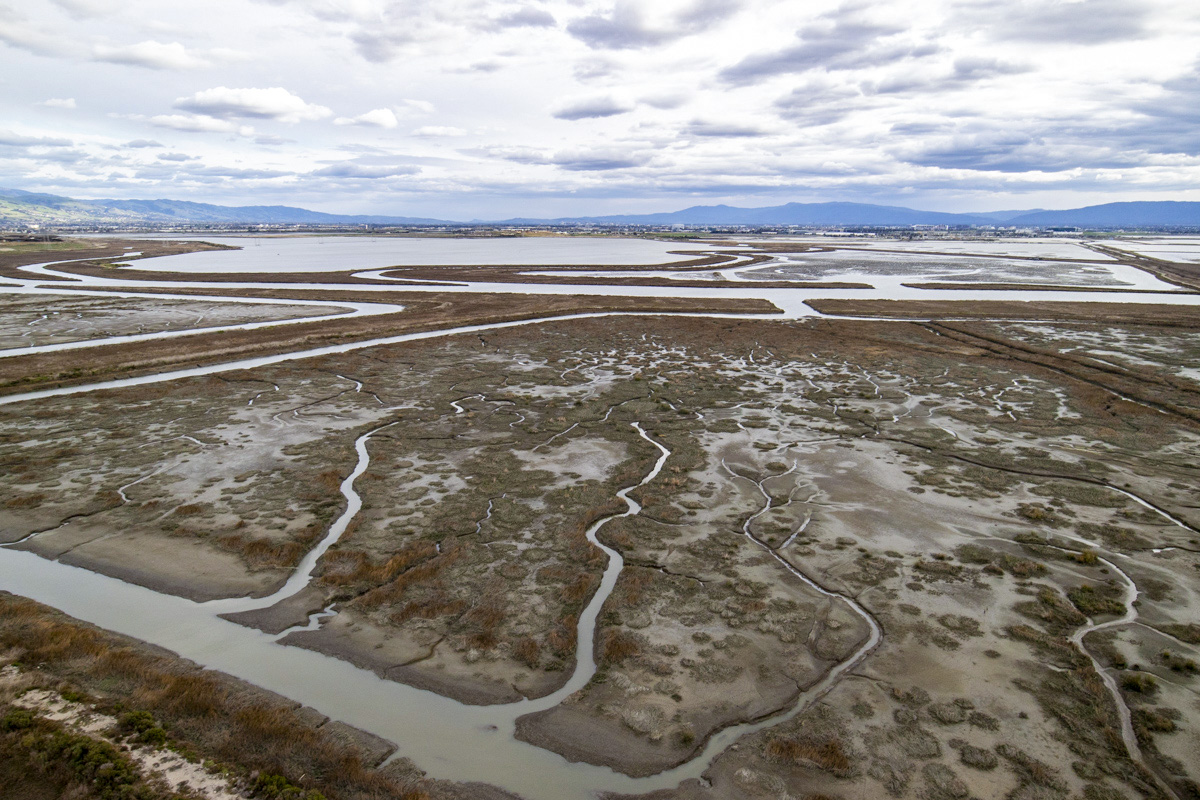
The Hopi tribe’s 2,000-year-old dry farming method allows them to grow a wide range of crops in an area that usually gets less than 10 inches of rain per year.
Forty-one heat pumps have been installed in Juneau, Alaska, thanks to the Alaska Carbon Reduction Fund.
A study of 580,000 heart patients in Florida hospitals concluded that female patients’ survival chances were two to three times higher when they were treated by female doctors.
Revenue in Bihar, India has increased by 30 to 40 percent thanks to solar-powered irrigation.
A program that provides financial relief to Maine’s fishermen has distributed over 850,000 pounds of groundfish to 280 schools, food banks and community groups.
Naloxone, now widely available, could reduce overdose death rates by more than 20 percent.
Metro Vancouver’s regional transit provider added braille signage at all 8,400 of its bus stops and tactile walking surface indicators at 157 locations.
In Bogotá, 100 percent of La Rolita’s 195 buses are electric — and the majority of drivers are women.
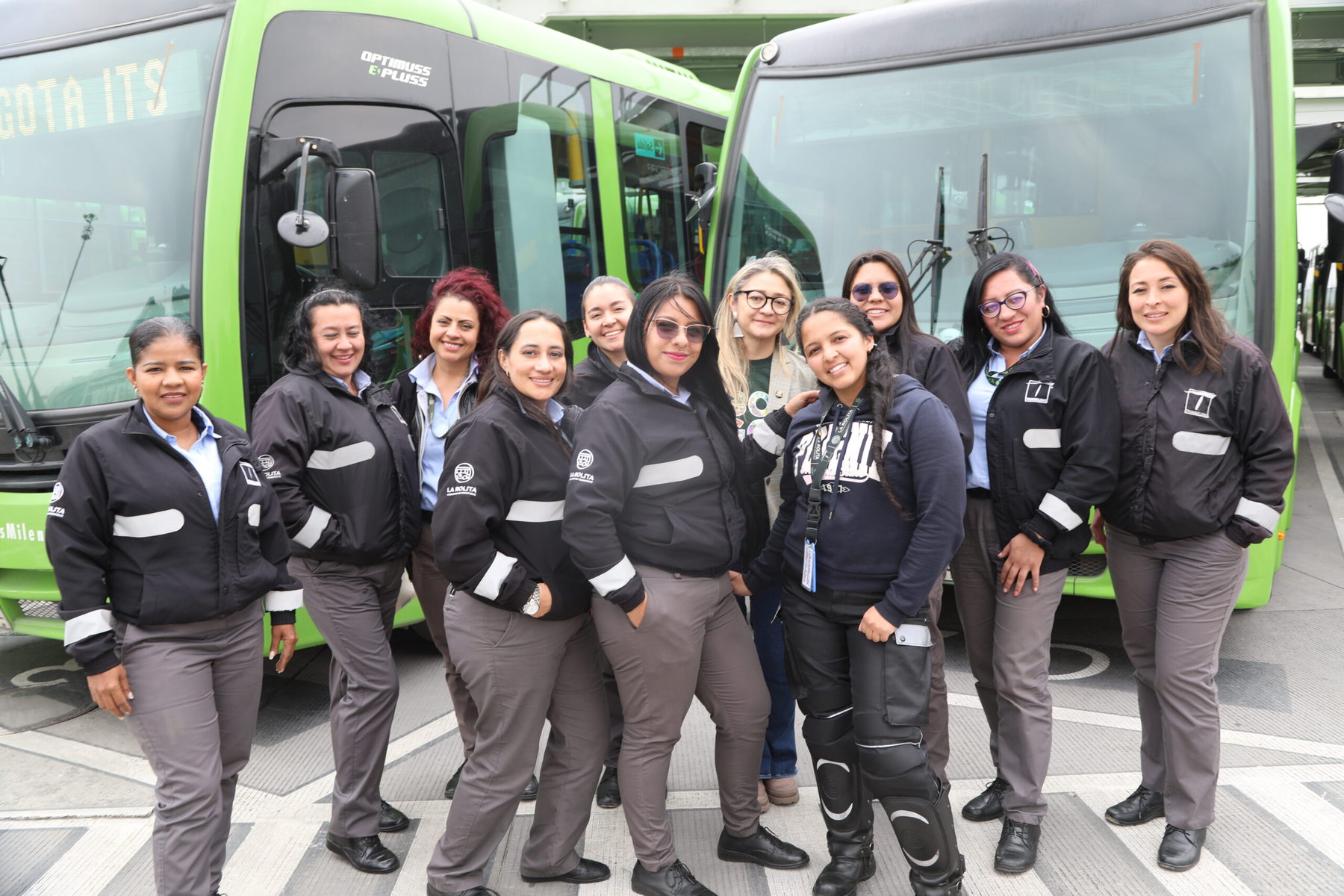
Agroecology in Morocco expanded from 4,000 hectares in 2010 to 10,000 in 2020, accounting for just over six percent of the country’s total agricultural land.
In a 2008 study that looked at 220 bullying cases, the No-Blame Approach was successful in 192, or 87 percent, of the cases.
A factory in Buena Vista, Colorado, can build a two-family modular home in nine days.
Since a new skate plaza opened in San Francisco, daytime drug-related incidents have dropped by 64 percent and visitation numbers are on the rise.
Electric harps can reduce Asian hornets’ predation of honey bees by 89 percent.
Weighed down by negative news?
Our smart, bright, weekly newsletter is the uplift you’ve been looking for.In the Pacific Northwest, better dam management on the Columbia River contributed to a record-smashing sockeye salmon run, with 755,909 passing over Bonneville Dam.
Half a million people have gone through StrongMinds’ group therapy program to treat depression. Three-quarters of participants screened as being free of depression symptoms two weeks after completing it.
Every day in Aarhus, Denmark, more than two metric tons of objects pass through a Reuse center where residents can give and take all sorts of materials.
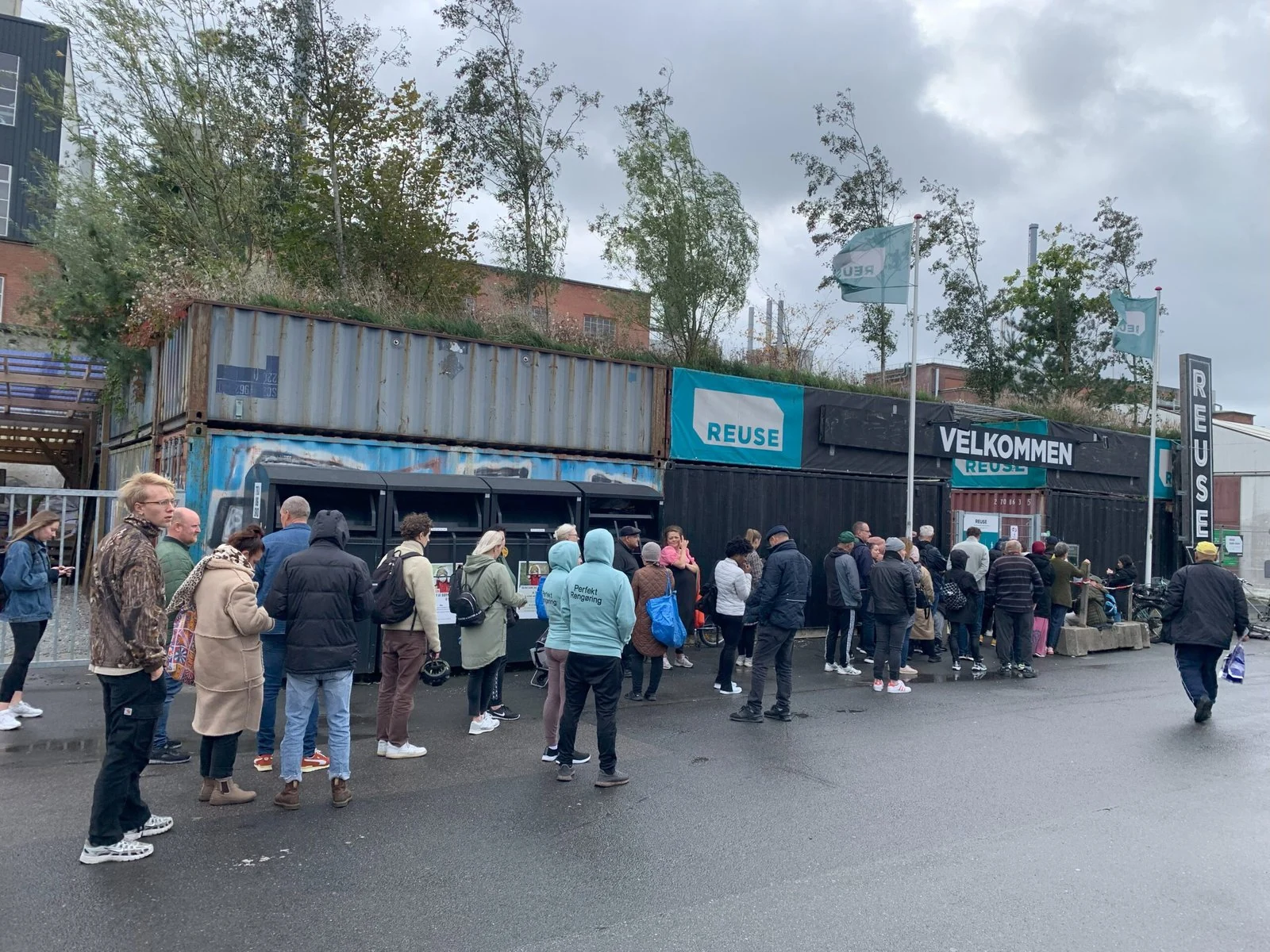
Howard University is the first historically Black college or university (HBCU) to have its own intercollegiate ice skating team.
Around 2,000 elderly women from Switzerland won a lawsuit accusing their government of failing to take adequate measures to halt climate change.
Students who spend one to five hours per day on digital devices for learning at school score significantly higher in math.
A new HPV self-test gives results in 15 minutes, helping in the fight to prevent cervical cancer.
Over 250,000 seedlings have been planted in Slovenia to help pollinators, with the goal of planting two million pollinator-friendly trees and plants by 2030.
A program that helps vulnerable people to warm their homes serves around 5,000 to 7,000 people in the UK annually.
The Paris 2024 Summer Olympics used 95 percent existing or temporary infrastructure and sourced 80 percent of food locally.
Over 3,000 girls in Mumbai have learned self-defense and safe boundaries thanks to free martial arts workshops.
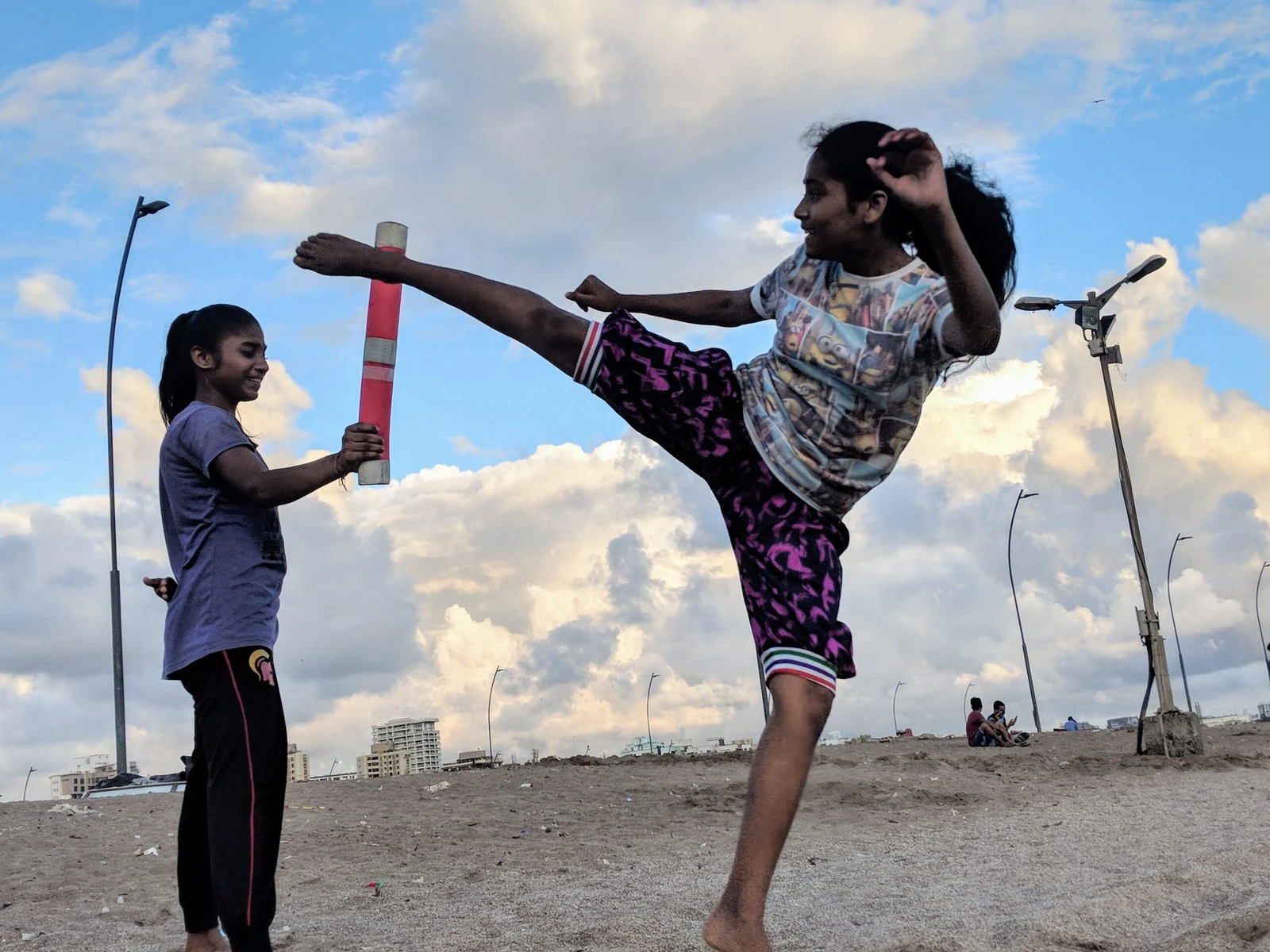
A Carnegie Hall program helps young New Yorkers interested in music to learn how the business works over the course of four months.
Since 2012, medical respite programs that help the homeless population heal have more than tripled in the US, from 43 to more than 145.
In New Zealand, attendance and participation in the arts rose among Deaf and disabled populations from 2017 to 2023.
Through the EPA Clean School Bus Program, the US government has distributed nearly $3 billion, resulting in 8,500 new green school buses.
A 10-week program helps unemployed people in Denmark deal with psychological struggles by offering group-based “culture vitamins.”
150,000 individuals have endorsed the Plant Based Treaty to reduce meat from their diets.
Drones have decreased the delivery time for lifesaving supplies in some hard-to-reach areas from hours to minutes.
A 600-mile trail connecting more than a dozen rural towns will boost local economies in California’s Lost Sierra.
In 2013, an estimated 600 red-fronted macaws remained in Bolivia. The 2021 census estimates nearly double that number.
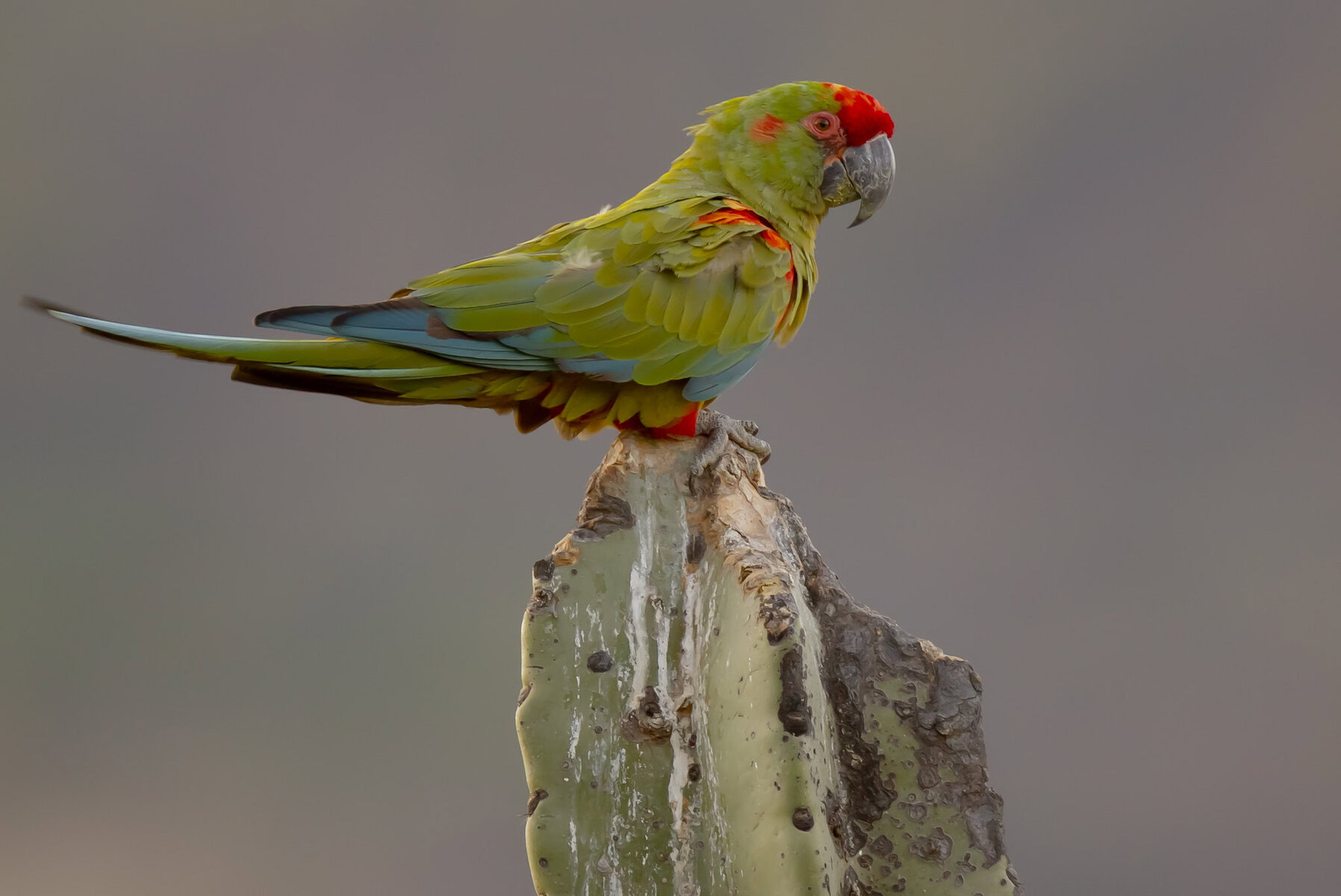
Refugees and asylum seekers from 23 countries have found community and a place to grow at the restaurant Flavors From Afar.
In Karnataka, India, 6.2 million women have used free bus passes as part of an initiative aimed at giving them more independence.
The city of Ithaca, New York aims to electrify all 6,000 of its buildings by 2030.
Workshops to teach Ugandan women leaders how to build briquettes from waste train up to 30 people — who can go on and train another 150 more.
At 35 health centers in Florida and California, peer support coaches are helping diabetes patients manage their condition.
Among youth, utilization of telehealth services is 2,300 percent higher than pre-pandemic.
A “living seed bank” in Peru has planted over 200,000 trees.
When Stockholm implemented congestion pricing, traffic into its central district immediately fell by 20 percent and air pollution decreased by 12 percent.
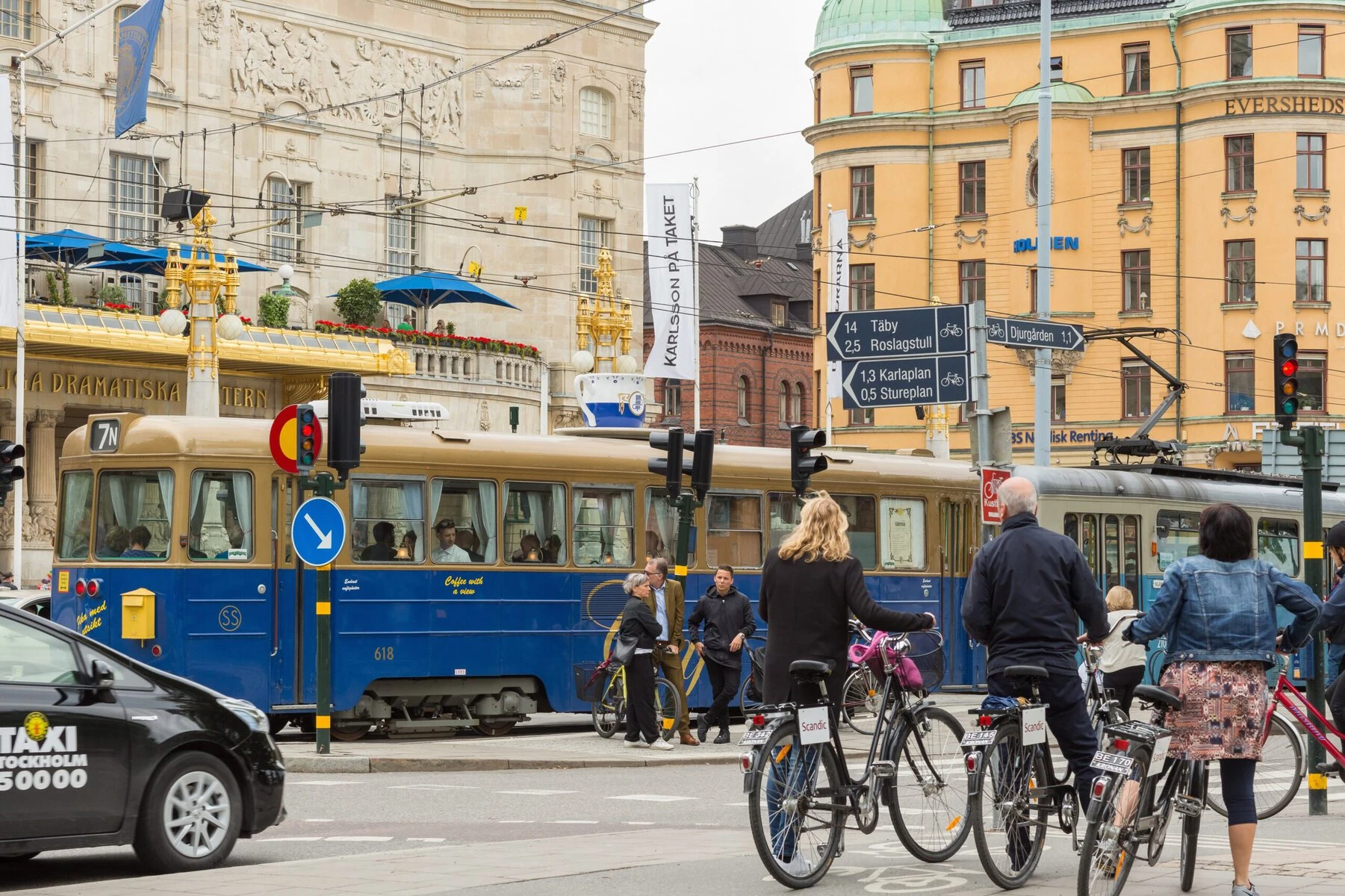
California is building the world’s largest wildlife bridge to provide safe passage for animals over a 10-lane freeway and better connect their fragmented habitat.
Over 3,000 Navajo Nation residents received new, more accurate addresses through the Rural Utah Project.
Thanks to rainwater harvesting and other resilience measures, UK strawberry farming operation Wilkin & Sons has filled its reservoirs with 125 million liters of water.
The nonprofit Brilliant Corners has placed nearly 13,000 unhoused people into permanent homes in Los Angeles, averaging about 200 people a month.
If 20 percent of people in the EU used a menstrual cup instead of single-use items, it would prevent 100 tons of waste every year.
A strict policy on short-term rentals has brought down rents in Irvine, California, by up to three percent.
Wild horses consume about 30 pounds of grass and brush a day, helping keep wildfires at bay.
Bregenz, Austria, implemented a general 30 kilometers per hour speed limit, part of a trend of European cities slowing down in favor of safety, better quality of life and sustainable transportation.

New York City completed an infrastructure project in Rockaway with 11,000 square feet of permeable pavement, capable of absorbing almost 1.3 million gallons of water.
A “gender doula” helping people in their gender transition process has worked with over 115 clients — and has a growing waitlist.
London’s Hackney borough has 81 Low-Traffic Neighborhoods.
At least nine US states and the European Union have restrictions against insecticides harmful to bees and other pollinators.
A wellness center on Long Island has offered over 600 sessions to kids navigating issues such as grief and cyberbullying.
The Maanasi project offers mental health services to over two million households in the South Indian region of Karnataka.
More than 850 people in England — average age: 49 — have changed careers to retrain as teachers.
Lille’s Palais des Beaux-Arts has used its space and artworks for “museo-therapy” for more than a decade.
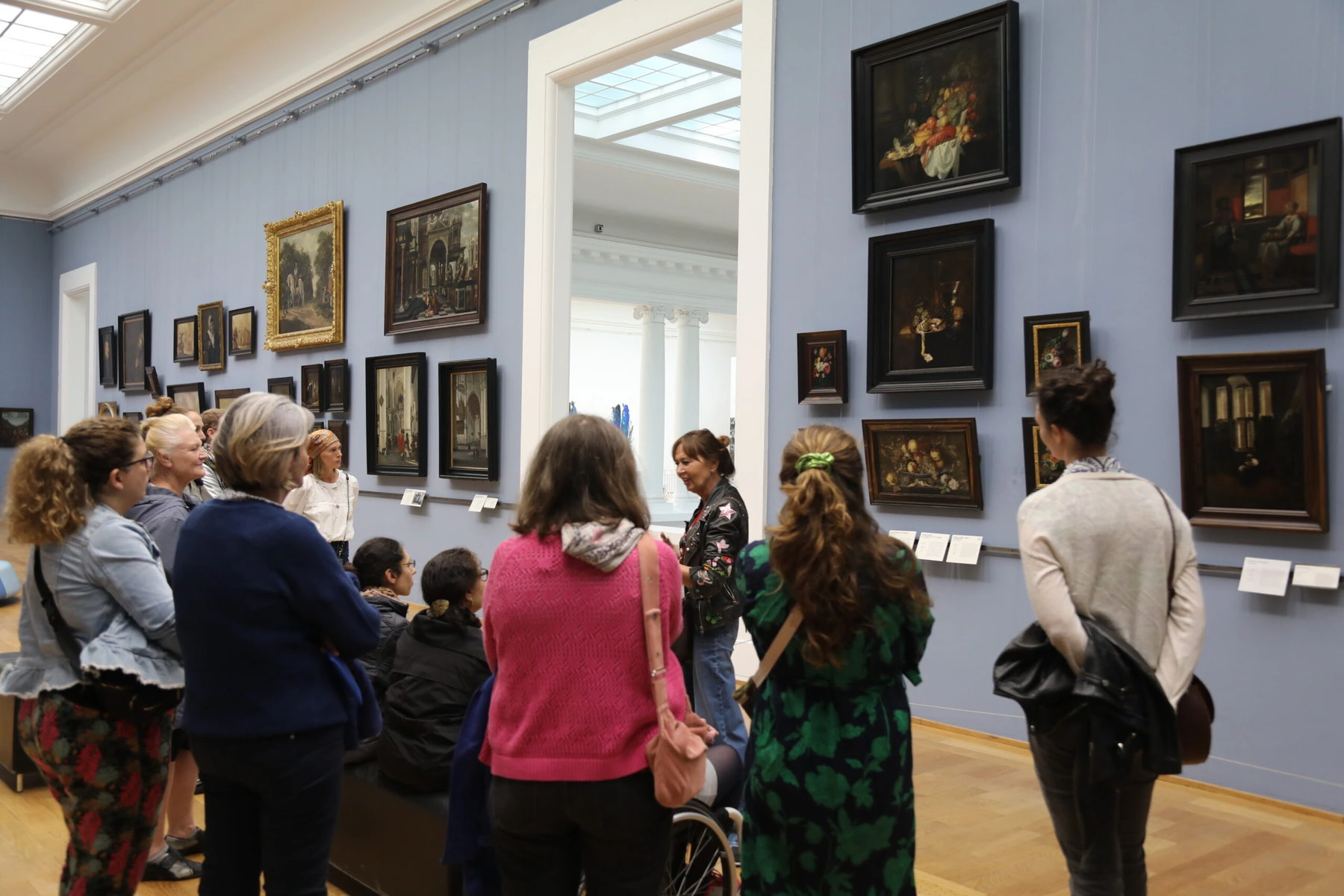
Over 100 US cities have banned gas-powered leaf blowers, and over 45 different organizations across the country are part of the Quiet Clean Alliance.
One-fifth of the Dominican Republic has been reforested in the past 10 years.
A New Jersey-based book bank distributes about 70,000 free books locally each month and wants to raise that figure to 100,000.
Green roofs in Sao Paulo’s favelas keep the temperature at roughly 86 degrees Fahrenheit, whereas traditional roofs see fluctuations up to 122 degrees.
After mental health efforts, 92 percent of farmers and farmworkers felt comfortable talking with a friend or family member about the topic.
A new fund enables visitors to 14 US national parks to send donations to the Indigenous peoples whose lands they are recreating on.
The Cetacean Translation Initiative has been collecting whale communications for 15 years, and is now beginning to understand what sperm whales are saying.
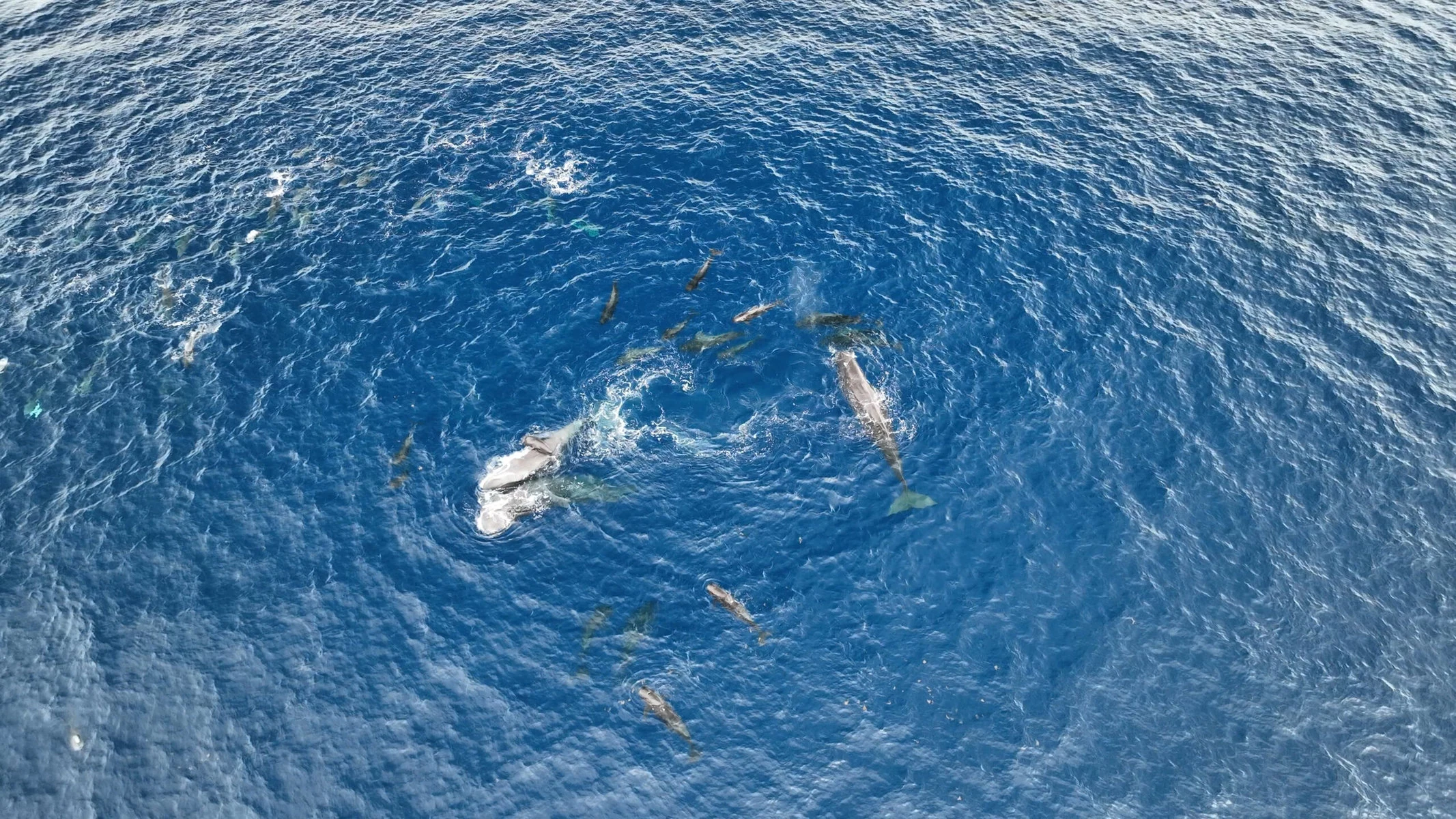
Over 40,000 children have participated in Kuhnapato, a project that’s preserving Slovenia’s sustainable culinary heritage.
By capping 45 abandoned oil wells, one group has stopped one million tons of CO2 from escaping into the atmosphere.
Women make up nearly half of the workers in the tech sector in Moldova.
In 2023, the Danish government published the world’s first-ever national action plan for shifting toward plant-based diets.
A group of 28 people in Bennington, Vermont, developed a new collaborative program to help fight substance addiction.
Thanks to the work of the Pangolin Conservation and Research Foundation and the San community, 152 endangered pangolins have been rescued in Namibia.
In the Portland metro area, 14,000 properties are “Certified Backyard Habitats” — healthy, biodiverse areas that support urban wildlife.
Several hundred thousand people are members of “time banks” in at least 37 countries.
Sandbar cultivation has enabled the production of 10.31 metric tons of pumpkins per hectare of land previously considered useless.
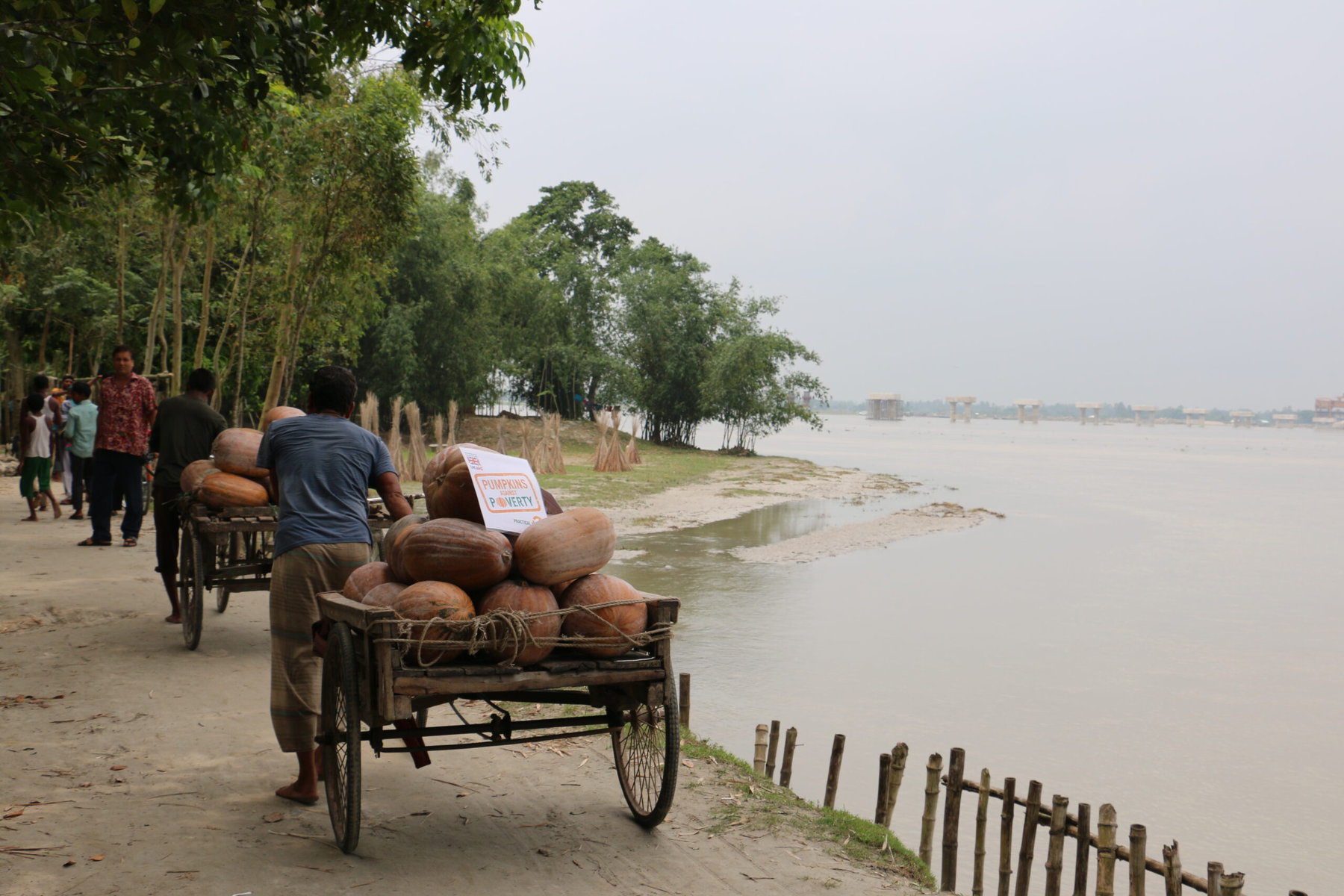
A 32,000-square-foot, high-tech, low-carbon kitchen run by Kenyan nonprofit Food4Education produces 60,000 meals a day for school kids across Nairobi.
More than 1,000 people have participated online and in person in Aging Alone Together, a course that offers ‘solo agers’ positive, practical ways to prepare for the future.
In India, 350 rural water entrepreneurs have been trained and supported to help distribute clean water to their neighbors via clever “water ATMs.”
The UK will provide £16 million to support reproductive choice as part of climate resilience building.
The Preventive Food Pantry at Boston Medical Center provides healthy food to over 6,200 patients and their families each month.
A new park in Manhattan has opened up 1.3 acres of space beneath the Brooklyn Bridge, with another three acres expected to open soon.
In Egypt, using compost increased crop yields of eight types of potatoes on salt-affected lands by an average of 40 percent.
A nonprofit on the Indo-Pakistan border worked with 37 craftspeople to help teach them how to sell more of their products. Over 85 percent of them went on to set up enterprises.
Across the UK and beyond, 150 chapters of volunteer-led group Mental Health Swims host monthly meet-ups to benefit from the healing power of cold water and community.

The Footprint Project built nearly 50 solar microgrids across Western North Carolina in the wake of Hurricane Helene, fueling food trucks and filtering water.
Resource Generation is a US community of privileged 18- to 35-year-olds committed to distributing wealth and power. In 2023, more than 500 of the group’s members pledged to redistribute $120 million.
Sustainable 3D-printed homes being built in Maine will sequester 46 tons of carbon dioxide each.
Thousands of seabirds returned to one small island in the Indian Ocean after the government eradicated an invasive predator: rats.
In the British town of Frome, doctors got involved with helping their lonely patients connect with other people, and hospital visits fell by 17 percent.
Several cities in California and elsewhere used drones instead of fireworks for their 2024 July 4th shows.
The Indian state of Sikkim went 100 percent organic, helping its farmers and the planet.
Since 2014, nonprofit Native Scientists has created over 25,000 connections in over 200 schools across Europe between children and scientists of the same migrant community.
The Arizona Autism Charter School serves 900 students across four campuses.
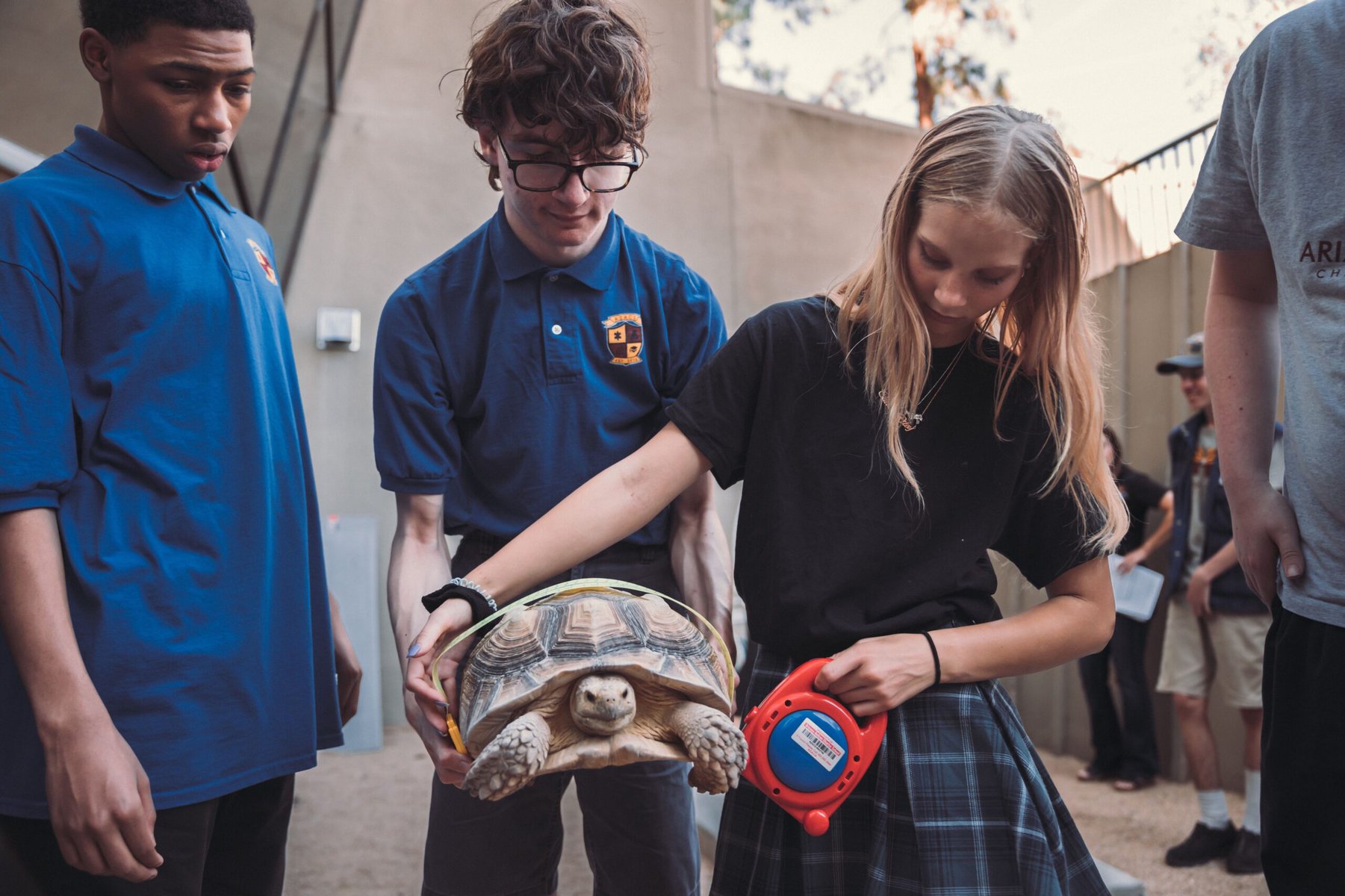
At least 12 water-saving ski areas in eight US states now use wastewater to make snow.
In Rwanda, over 1,500 hectares of radical terraces have been built to conserve good soil.
After rising for nearly half a decade, the number of fatal overdoses appears to be down 10 percent across the US.
Salvage stores, which stock damaged, discontinued, surplus and close-to-expiring items, prevent $161 billion worth of food from going into landfills in the US annually.
A hospitality school that empowers locals in Cambodia trains around 34 young adults each year.
Over the last four years, six small-scale organic farms near Pau, France, set up as part of the Green Belt project, have produced 240 tons of vegetables per year.
Renewable energy now provides 100 percent of the year-round daytime electrical needs of a New Mexico co-op’s 30,000-plus members.
A medical group that treats homeless people has cared for about 6,700 homeless patients and managed roughly 77,000 diagnoses, from schizophrenia to diabetes.
In Queensland, Australia, the Mungalla wetlands had been rendered unlivable for birds and fish. Thanks to years of restoration by the Indigenous community, a 2020 census recorded 229 bird species.

Over the past 24 years, the Spirit Series has put on plays at more than 100 schools, helping 60,000 students in California, Maine and Massachusetts with emotional and social skills, focus and more.
Though 130 coffee species are known to researchers, only two are commercially cultivated, and both are at risk from climate change. Resilient hybrid varieties are a promising solution.
In 2023, the US government concluded its decade-long Land Buy-Back Program for Tribal Nations, consolidating and restoring nearly 3,000,000 acres to tribal trusts across 15 states.
Ox Delivers developed the world’s first purpose-designed electric truck for Africa. It’s almost 10 times cheaper to run than existing alternatives, helping farmers transport their produce to market.
More than 350,000 trees and shrubs have been planted as part of a restoration effort for California’s next state park.
A new program aims to erase $2 billion worth of New Yorkers’ medical debt over three years.
Worldwide, 85 percent of all new power capacity built in 2023 was renewable.
Between 2017 and 2023, US nonprofit Philanthropy Together identified nearly 4,000 collective giving groups in the US, involving 370,000 people giving more than $3.1 billion to good causes. It expects this to double within the next five years.
Reasons to be Cheerful turned five!


